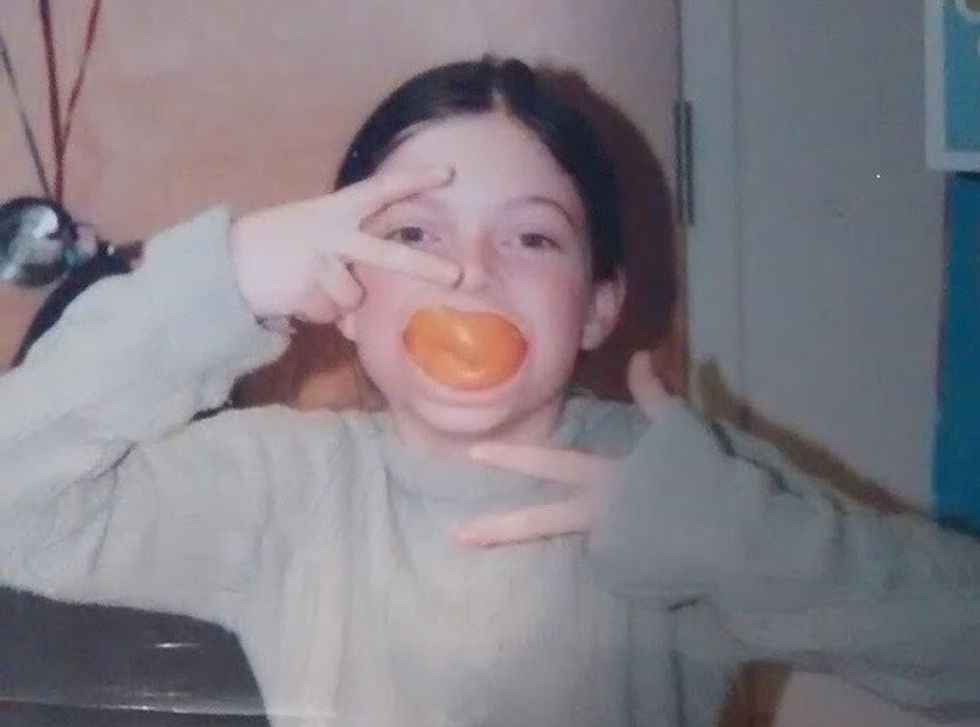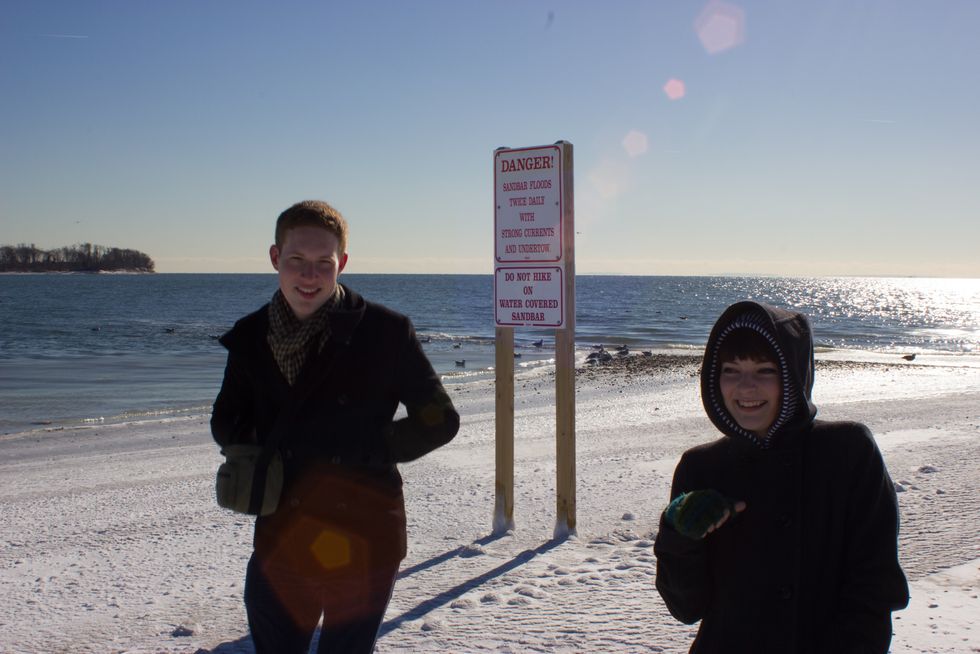I just finished my first year of college, and I can say in all honesty that it was one of the most amazing years of my life. It was also, by far, the hardest.
I’d go into particulars, but so far there aren't many: last year I was diagnosed with generalized anxiety disorder, followed by the depression that often accompanies it. Currently, it’s a “mood disorder,” the name of which I can’t reveal, because I don’t yet know it myself. It doesn’t really matter, though. This isn’t about the diagnosis (or lack thereof) of an illness: it’s about the treatment I’ve been using since before I even knew I was sick. I don’t mean to be dramatic -- quite the opposite, actually. I’m at an age when people often ask me what I’d like to do. Luckily, I recently discovered the answer: I’d like to make them laugh.
I think I have always been mentally ill. Children are perceptive, and throughout my childhood I was well aware that kids and grownups alike saw me as a weirdo. I’ve always chalked that up to the fact that I amweird, and have only recently realized that illness played a role as well: I was constantly worried about ridiculous things (when I was 10 I thought I was dying of tetanus because I walked neara piece of rusted metal), I had too much energy and hardly ever slept, and was prone to bouts of inexplicable, overwhelming sadness. I was always strange, and as I got a little older, moody. I was also always a complete goofball, which I now understand was a coping mechanism.
I looked forward to laughing. This has always been true, but the commencement of my conscious realization of this fact occurred when my best friend and I began watching "Parks and Recreation" together. No matter how awful I felt, I knew I had that window of time where we could laugh together, and I could feel genuine joy. Even after an episode ended, I knew, at least, that I had another to look forward to. I realized that was what I needed, and proceeded to seek it out.
In high school, I had several good friends. I attended the occasional sleepover, get-together, etc. I went to a couple dances and attended the prom. I was lucky to have these experiences and I’m truly grateful for them. However, those weren’t the most important moments of my high school career. The occasions that soothed and strengthened me were the evenings and weekends spent at home, watching shows like "Parks and Recreation" and "Community." I watched a lot of stand-up, and movies like "Bridesmaids," "The Princess Bride," and "The Big Lebowski."
I laughed. I coped. I went to school, which remained exhausting, but at least I knew I had comfort waiting for me at the end of the day. I tried my best to be silly whenever possible, which helped. I began, unconsciously, to emulate those who made me happy.
If comedy was an assuagement in high school, then in college it became a lifeboat. I continued to consume it eagerly, and began trying to create some of my own, whether it was short sketches, documentation of general silliness, or a little bit of both. During my first year of college, I experienced the worst lows of my life. It was comedy -- and the friends willing to laugh along with me -- that kept me afloat as I struggled not to drown.
I attend an institution full of brilliant, ambitious young women, many of them are studying hard to become some of this generation’s best policy-makers, engineers, activists, doctors, and educators. They're going to change the world. People are aware of this, and that’s probably why, when asked what I want to go into, my answer -- comedy -- often leaves them a little taken aback.
When I think about my future, I can’t help but consider my past. I remember what pulled me, time and time again, out of the worst bouts of anxiety and depression I didn’t even know I had: laughter. I think about the people responsible for making me laugh, who provided me the happiness I so desperately needed. I don’t believe in idolizing human beings, but if I have heroes, they are those who make us laugh. I want to be one of them.
Comedy has kept me from coming apart. It helps me, and so many others, every day. When everything is gray, it fills my world with color. Amidst changing therapists and therapies and medications, it remains the single alleviation I can always count on. I have always used it as a tool for healing myself, and now I want to utilize it to heal others as well. I don’t just want to go into comedy; I want to make it my life.
Mental illness can be incredibly exhausting. Life can be overwhelmingly painful. One way to get through it is by laughing through the tears. So, when someone asks me what I want to do with my life, I answer “make people laugh.” Sometimes it earns me funny looks, but it’s an aspiration I take pride in.





















